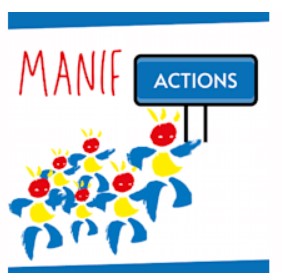The European Correspondent
Western Europe newsletter
Thursday 28 September 2023
The United Kingdom ・ Climate crisis |
British PM waters down climate targets
Rishi Sunak came under immense scrutiny after saying he wanted to be honest about the "costs" of tackling climate change. Announcing slower-moving policies, the deadline for banning fossil fuel cars has been moved by five years and homeowners no longer have to replace inefficient gas boilers.
 | Jacob Perkins While the UK is legally bound to reach net zero by 2050, there is little doubt this will slow down progress. Sunak's move also risks setting a precedent and some wonder whether other European countries will follow suit. |
UK greenlights development of largest untapped oilfield amidst climate concernsThe UK has given the go-ahead to develop the country's large untapped oilfield off Shetland, causing emissions equal to those of the world's 28 lowest-income countries. While the firm behind the build claims this will be a "green" oil field, it is unclear how this will allow the UK to reach net zero by 2050.
|
France ・ Anti-racism |
France marches against racism
Tens of thousands rallied in France to protest police violence and racism on Saturday. People took to the streets of different cities in France to protest police violence in demonstrations organised by the left, for a new anti-racist movement, with the main rally in Paris and others taking place in Marseille and beyond.
 | Melissa Chemam I attended the Paris march myself: many groups were represented, and the family members of those killed by the police over the years gave emotional speeches, including Nahel Merzouk's mother and Assa Traoré. |

Sources: RFI, Deutsche Welle, and Personal YouTube channel
Niger sees hope in France's withdrawalNiger welcomed the decision of France to finally withdraw its diplomatic staff from the country, including supporters of Niger’s deposed president, Mohamed Bazoum. For almost three months, Macron rejected the junta's call to leave. French military contingents will follow in the next months.
|
France bans headscarves at the Olympics, UN defends freedom of choiceWhile France's sports minister said the country's women athletes would be barred from wearing headscarves during the Olympic Games, United Nations Rights Office spokeswoman Marta Hurtado told reporters in Geneva that "no-one should impose on a woman what she needs to wear or not wear."
|






